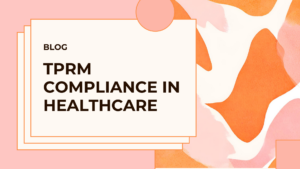HIPAA breaches do happen. In fact, they are actually becoming more common. Still, most organizations are not ready to deal with them.
Due to the fact that a whopping one in four healthcare organizations will suffer a breach, it has become imperative that each one develop a plan for response.
The HIPAA rule for data breaches states that notification of the breach of Protected Health Information (PHI) needs to be provided to individuals, regulators, and the media. Having a plan for identifying and mitigating data breaches ensures that the least possible damage is done in terms of exposure, risk, and cost.
When you are well-prepared for breaches and potential breaches, not only are you able to minimize the disruption of your business, but you are also able to detect breaches in the early stages. Early detection is imperative in order to prevent extreme damage and future incidents
Creating a breach response plan for your healthcare organization means that your business has a plan to follow that ensures you quickly follow HIPAA rules of notification as well as cleaning up and moving on from the breach in an appropriate, safe, and timely manner.
Your HIPAA breach plan should make sure your office prepares by assessing the breach and considering your threats. Begin to reach out to all who need to be notified.
After proper notification, you need to ensure that you identify all breach incidents, as well as potential breach incidents, and then taking the necessary action to remedy them.
The best bet is to assume the worst-case scenario, that all data is at risk, and to move forward accordingly. You want to make sure that you deal with all incidents and risks fully and appropriately, and the best way to do that is to have a set plan for how to deal with them.
Once you have contained your breach and made the necessary repairs, you need to fully investigate what happened to cause the breach in order to ensure it doesn’t happen again. Have a debriefing with your entire staff and make sure that they are on board and that they understand what happened.
While you are continually conducting risk analysis and HIPAA compliance training, it is a good idea to also conduct breach response training with your staff. Then, if the breach does happen, everyone will be prepared to respond, knowing exactly what steps to take.




